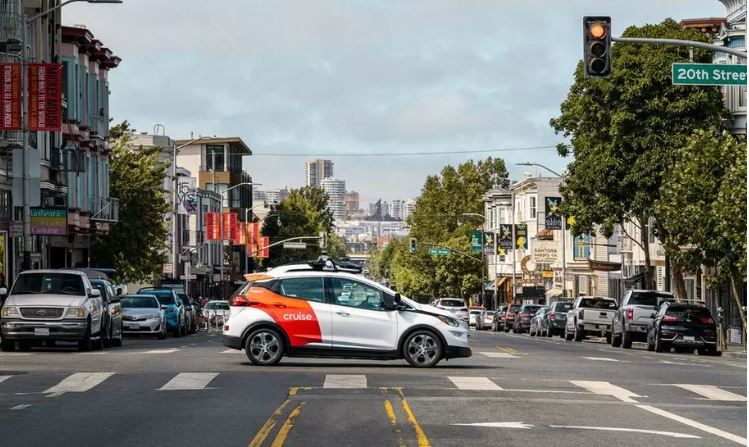Two autonomous “robotaxi” companies have been granted permission to charge passengers for rides in San Francisco, marking a significant expansion in their services. Both Waymo, a subsidiary of Google’s parent company, and Cruise, a General Motors subsidiary, can now charge for their autonomous rides throughout the city.
Previously, they faced limitations on when and where they could offer paid services. Despite objections from various stakeholders, including police and fire officials, the California Public Utilities Commission approved the expansion in a 3-1 vote.
The decision has been regarded as a watershed moment for the autonomous vehicle industry, potentially ushering in a new era of driverless car services. Waymo, which has been offering free rides in autonomous vehicles to San Francisco riders for the past year, sees this as the “true beginning” of its commercial operations in the city. Rival Cruise, backed by General Motors, sees this as a “historic industry milestone,” projecting the potential for substantial revenue generation by 2025.
The road to fully autonomous vehicle services has been fraught with challenges, including technology glitches, safety concerns, and high-profile accidents. However, this approval marks a significant step towards integrating self-driving vehicles into mainstream transportation.
The approval was granted despite objections and concerns from critics, including safety records and potential job losses due to the expansion of robotaxi services. The decision raises questions about the regulation of an emerging industry and the potential impact on job markets.
Waymo and Cruise have both indicated that they will gradually expand their paid services, despite strong demand. Waymo has reported over 100,000 registrations from the Bay Area, and Cruise has noted its intention to expand its operations beyond San Francisco, including into other Texas cities.
The decision is being closely watched by industry insiders and experts, as it may set a precedent for the future development and integration of autonomous vehicle services. British self-driving startup Wayve’s CEO, Alex Kendall, highlighted the significance of this decision in the journey toward developing sustainable business models for autonomous vehicle technology.
Although the future of autonomous transportation still faces uncertainties and challenges, this move signifies a major step towards realizing the transformative potential of self-driving technology in urban mobility.






